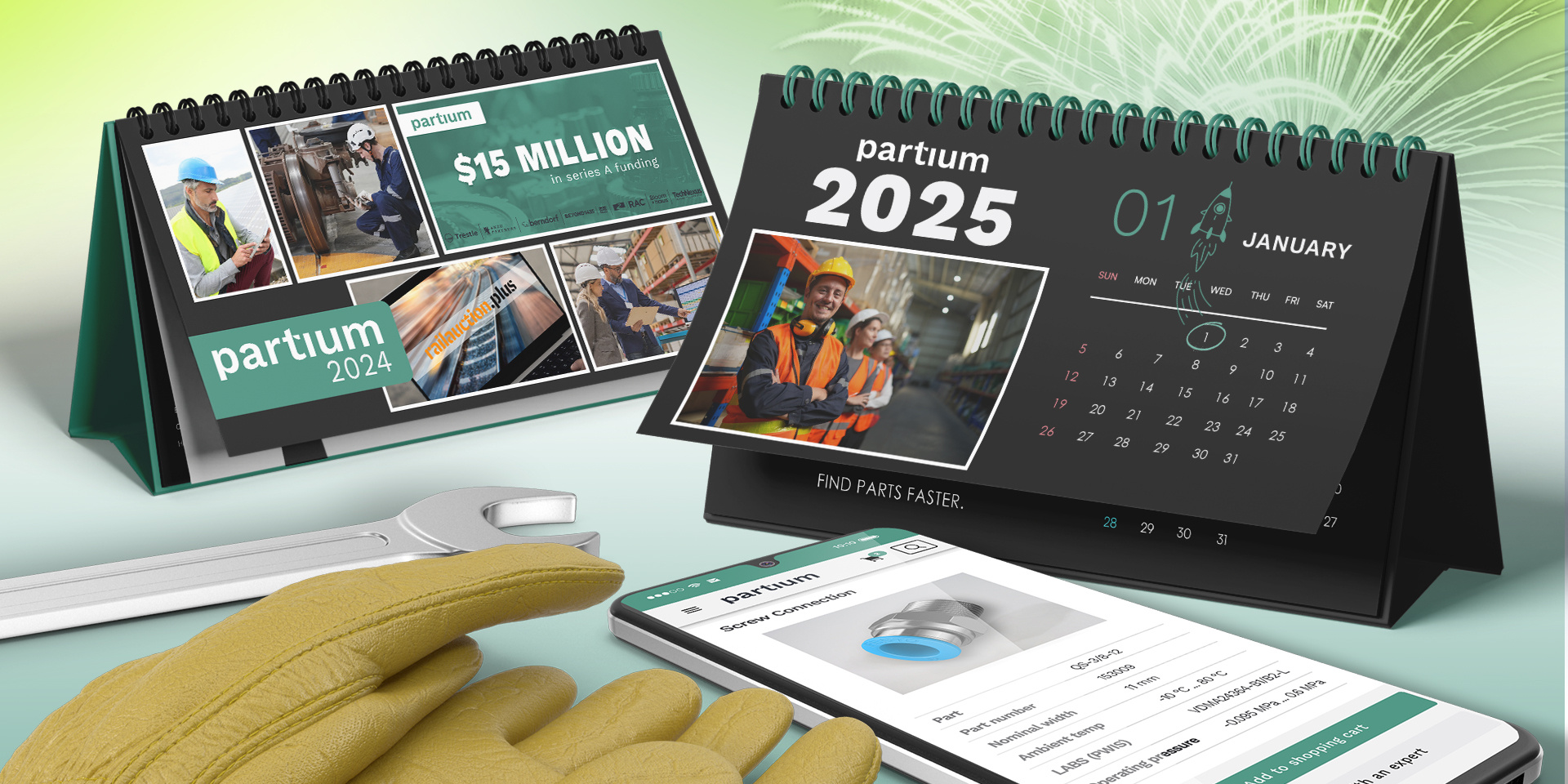Going Paperless on the Shop Floor
Executive Summary
3 min read
![]() Partium
:
Nov 25, 2019 10:34:28 AM
Partium
:
Nov 25, 2019 10:34:28 AM

Many companies, especially in the area of machine and industrial plant construction, concentrate mainly on product sales and put little emphasis on the topic of service. The topic is also complex and includes the areas of aftermarket, after-sales services, technical services, support, and customer hotlines.
Unlike after-sales services, product sales yield far higher instant turnover. However, the income from after-sales services is more long-term and considerably more profitable.
Here are three good reasons why it is worth paying attention to the topic of service:
Clearly defined service processes help improve service profitability. Roland Berger has through numerous customer projects identified 3 areas that contribute to the optimization of service margins: service revenue; service costs; service contracts.
Increase revenue, adjust replacement part prices, focus on existing services
First of all, it is advisable to test the price model for your own services.
It is often the back-office services, just to give an example, that is forgotten and not charged to the customer, and this is exactly where there is real potential for generating additional sales.
Despite increased competition, there is mostly no consistent, smart pricing strategy for replacement parts. This is an unsafe approach considering the ever-increasing competition from digital suppliers such as Amazon and Alibaba. Businesses should therefore ask themselves the following questions:
When seen in this light it is clear that most companies focus on offering new products and services while paying little attention to their existing portfolio. But it should be obvious that existing products and service models are easier and quicker to optimize and will lead to measurable profit increases much earlier.

The next step on your checklist should consist of taking a closer look at all costs and expenses. You should identify situations where certain support services are not charged for. An example would be called to the support hotline: many of your service hotline employees and your technicians spend a lot of time on support calls with customers who often no longer have a valid service contract.
During this time, it is not possible for your employees to do any other work, and their “lost time” cannot be compensated for.
Also, inefficient internal processes, as well as unnecessary travel costs and expenses, should be reviewed. As part of this, it is recommended that plans and reports from the service technicians are checked to find out how often they visit a customer, and how quickly they carry out their work while there.
Cost control
Service contracts generally represent safe repeat revenue and ensure regular income – also, and particularly during, financially insecure times for businesses. There is a lot of untapped potentials here since only between 10 and 30% of all customers have service contracts.
The margins of service contracts should be reviewed regularly. Companies often offer many different services bundled at a fixed price. This price is often too low and has not taken all internal and external costs into consideration.
Many of the measures and steps described here require information about the customer, his replacement part order history as well as knowledge about his after-care service history. This often presents companies with major challenges.
This is why it is a good idea to introduce digital tools that give the customers added value while simultaneously providing the producer important information to help optimize their own services.
What examples can we give?
Using parts recognition on the smartphone it is possible for the customer to identify defective parts and order replacement parts in a matter of seconds. Service technicians are spared long and cumbersome searches and get their job done much faster. For you as the manufacturer there are also advantages:
Pricing:
Warehouse and logistics:
Customer loyalty:
As you can see: with the help of digital tools for smartphones and tablets you create added value for your customers, teach them to use your tools, and simultaneously collect important information about your customers’ service needs.
The ecosystem of your own app also makes it easier to bill for services delivered: if a customer still needs support after having successfully identified apart, it is possible to use the support call function to automatically charge for the cost of the call.
Further options for expansions are things such as the linking of existing solutions like condition monitoring, your online store, and predictive maintenance.
Sources:

MRO Optimization in 2025: Are You Leaving Millions on the Table?

From supporting multiple languages to offering data insights and data enrichment, Partium has experienced an exhilarating 2024 and 2025 is set to...